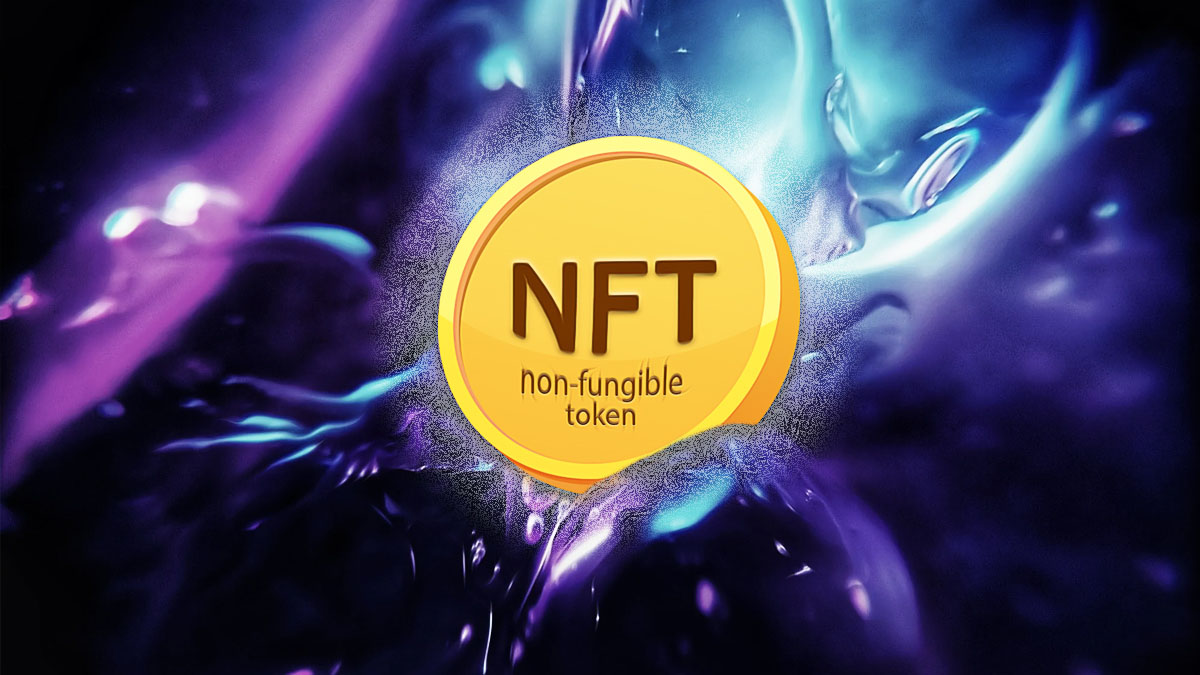In a recent turn of events, the value of an NFT owned by American comedian Kevin Hart has taken a significant hit. Hart’s investment in a Bored Ape Yacht Club NFT has seen a drastic decline in value, reflecting a broader downturn in the NFT market. Initially purchased at a high price point, the asset’s worth has tumbled, causing substantial financial repercussions for the comedian.
Steep Decline in Digital Asset Worth
Bought for 79.5 Ethereum in 2022, which was equivalent to over $200,000 at the time, Hart’s NFT from the Bored Ape collection traded recently for a mere 13.26 Ethereum, or around $46,200. This drastic price drop of about 83% showcases the volatility and current struggles within the NFT sector. The collection itself has witnessed a decline, with the floor price, the lowest price of an NFT in the collection, dipping from over 150 Ethereum to just about 14 Ethereum.
Legal Complications Emerge for NFT Endorsements
Amidst the financial losses, Hart is also facing legal issues. A class-action lawsuit has been filed against Hart, MoonPay—a cryptocurrency startup, Bored Ape creator Yuga Labs, and several other high-profile personalities. The suit, initiated by the law firm Scott + Scott, accuses the parties of not being transparent and misleading the public in their promotional activities with MoonPay. The lawsuit highlights the complexities and potential pitfalls of celebrity endorsements in the emerging NFT marketplace.
While Kevin Hart’s experience with NFT investment might serve as a cautionary tale, it also underscores the broader uncertainties that currently plague the NFT market. Both the staggering loss in asset value and the ensuing legal battles signal turbulent times for celebrities and investors navigating the digital asset landscape.












